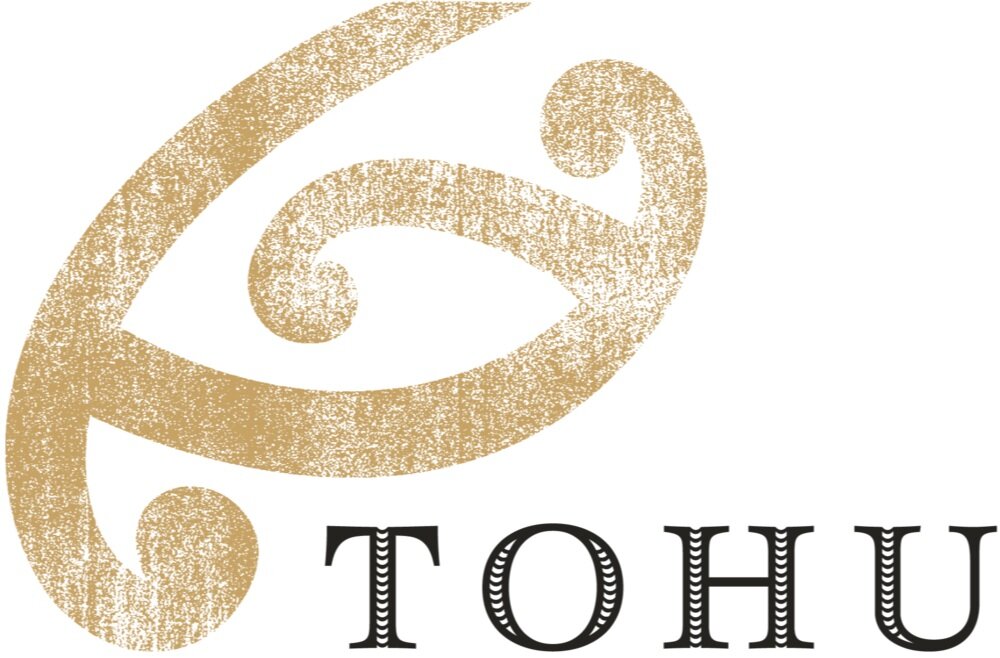Fancy a cup of tea?
Kānuka is one of many native trees we’ve planted at Whenua Awa, our vineyard in the upper Awatere valley in Marlborough, since we first began restoring the land. It’s a special plant that is only found in New Zealand and has many surprising uses – from tea to treating burns.
Many native New Zealand plants are used in rongoā Māori, traditional Māori healing and kānuka is no exception. While its leaves can be used to make tea (but don’t make it too strong – it can make you sick) the shoots and seed capsules when chewed are said to relieve diarrhoea and the inner bark can be boiled and used as a mouthwash. It’s also been used to promote sleep and reduce fever, and for treating colic and inflamed breasts. The white gum was applied to scalds and burns and was taken by adults and children to relieve coughing.
As well as medicinal benefits, Māori valued kānuka for its hard, strong timber. They used it to make agricultural implements such as kō (digging sticks) and for weapons such as taiaha and koikoi (a double pointed spear), for toys such as spinning tops, and to insulate the walls of whare (houses). It also made great firewood.
All this in one plant!
These days, you’ll find kānuka in honey and essential oils, but a very important role for kānuka is as a nursery crop providing shade and shelter for other native seedlings; particularly on exposed, dry hillsides such as at both our Whenua Awa and Whenua Matua vineyards.
When we see the pretty creamy white flowers, it makes us happy seeing all the native birds and bees enjoying them and knowing the kānuka is sheltering new native seedlings beneath them. With the help of plants like kānuka, owe are helping return parts of the land to its natural, native habitat.

